|
by Rana Asfour Maha Gargash will be discussing her latest release 'That Other Me' at the Emirates Airline Festival of Literature on Saturday 12 March. To book tickets, click HERE. My belief is that it’s always unfair to compare a writer’s recent work to any of their previous work, for authors are like chameleons; their writing shaped by circumstance and mood at the moment of their latest creation. Let’s face it: they’d be boring and repetitive if the case were any different.
However, I will make an exception, just this once, when I write about Maha Gargash’s recent novel ‘That Other Me’. I first picked up Gargash’s first novel ‘The Sand Fish’ (a review here) when I was on a visit to the UAE - a year or two before moving there. The cover caught my eye and of course I was curious to read the work of an Emirati writer and to see what women writers of the Arabian Gulf got up to when they decided to write books. I was frankly quite blown away. I wasn’t alone, and her book has been an international bestseller in several countries and still garners much appreciation whenever it is read anew. Cue Gargash’s recent novel ‘That Other Me’ which is extremely well written and engaging just like her first, yet unlike ‘The Sand Fish’ this one came across slightly as a modern yet cautionary but not preachy, Arabic TV sitcom – which is not a bad thing at all and which is what Gargash also does – writes television programs that deal with traditional Arab societies. Also, where this book fell slightly short is with its characters that, although believable, lacked the depth that is required for a reader to feel a genuine bond with any of them and then to sustain that bond well after the last page has been turned. ‘That Other Me’ is about two Emirati girls of the same family and how their lives interweave and intersect with the different lives of other members of their family as they grow up in different circumstances. The author writes of their woes and their tribulations as each of the girls tries to forge an independent life for herself in spite of the limitations and expectations each comes up against whether from the other family members or from society. Dalia and Mariam al Naseemy are cousins who are controlled by the same despotic, selfish, cold-hearted, conniving ageing Emirati man Majed – father to Dalia, and uncle and guardian to Mariam. A man who believes that his role as head of the family and as the one who controls all the wealth entitles him to full say in the lives of his household members – both male and female – irrespective of the family’s desires, wants and needs. He is an alienating character to everyone around him and it is not long before he starts to reap the seeds of all the hate he has sowed among his divided – quite numerous - family members. On the surface this is a modern tale narrated in modern cities with the characters seeking present day aspirations, which to some readers may seem unremarkable dreams to have. Mariam wants to become a dentist, Dalia a popstar. However, when it comes to the Naseemy family, these dreams become proper groundbreaking milestones because of the dynamics of this family in particular. Mariam is sent to study dentistry in Egypt and as such becomes the first female in her family ever allowed to travel abroad for an education. This is a situation that does not sit well with the other members of the household, and it is interesting to note the particular resentment the female married cousins harbour towards Mariam’s situation. It is also particularly poignant to note why Majed, this misogynistic, sexist man would agree to such a move in the first place. Dalia’s situation is slightly more complicated. She is the love child of Majed’s brief relationship with Zohra, an Egyptian he’d met in Dubai and took as a second wife. After Dalia is born and his well-hidden secret is scandalously exposed, Majed swiftly disposes of mother and daughter who leave Dubai to Egypt to live in a ‘wretched alley where rats grow fat and roaches don’t scurry to hide’. An unwanted, uncared for child Dalia seeks to find her place in the world as a nineteen-year-old following rules she makes up as she goes along planning her path to stardom. There is no doubt about her singing talent, however that does not spare her the wrath of her hateful resentful father who, like most khaleejis, looks down on such a profession, as he consequently makes it his business to plot for her failure to secure her demise. ‘That Other Me’ tells the tale of the Naseemy family through the perspective of these three family members - Majed, Mariam and Dalia - although at a later stage in the novel we do have two peripheral characters that as if inadvertently or even unknowingly steal the limelight – Majed’s wife Aisha and her sister Shamma - who play a pivotal role in the shaping of the novel’s poignant ending. It would have been a real bonus to garner more insight from their perspective as well. ‘That Other Me’ is in a way a novel about women in Arab families and the niche they carve for themselves to secure a position from which they can be acknowledged and taken seriously. There is the compelling and quite frightening figure of ‘Mama al Ouda’ – the grandmother – who because of seniority exerts a lot of power and commands respect even from a despot such as Majed. The plotting daughters of Majed’s household – think Cinderella’s ugly spoilt sisters – who bicker and squabble and are resentful of and hateful to both Mariam and Dalia. And then there is Zohra, Majed’s second wife, an emotionally disconnected woman who comes from a broken background and is ultimately a product of a harsh and cruel existence and how all that translates itself in her attitude towards her own daughter. ‘That Other Me’ spins a tale about the relationships that bind the members of one Emirati family together and a view into how the dynamics of modern life is redefining Gulf Arab culture and challenging the core values of a tribal patriarchal society and the possibilities and repercussions this all presents for the future of the young men and women of the 'Khaleej'.
0 Comments
Three Arab films supported by SANAD, the Development and Post-Production Fund of Abu Dhabi's twofour54, have won awards at the 66th annual Berlin International Film Festival, held in Germany from 11 to 21 February 2016. Mohamed Ben Attia, director of 'Inhebbek Hedi' (Hedi), supported by SANAD in development and post-production, received the Best First Feature Award (50,000 EUR) during the official closing ceremony, and the film’s lead actor Majd Mastour received the Silver Bear for Best Actor as part of the official competition awards. Tamer El Said, director of 'In the Last Days of the City', received the distinguished Caligari Film Prize (5,000 EUR) and Maher Abi Samra, director of 'A Maid for Each', received the distinguished Peace Film Prize (5,000 EUR). Both of these films received support through SANAD at various stages of their production. Mahdi Fleifel, a previous SANAD grantee for his widely acclaimed film 'A World Not Ours' (2012), won the Silver Bear Jury Prize for Short Film for this year’s 'A Man Returned'. Ali Al Jabri, Director of SANAD said: “This achievement is a testament to SANAD’s success in supporting and developing international quality Arab films. It also demonstrates twofour54’s continued support for Arab filmmakers in the region.” Al Jabri added: “SANAD serves as a vehicle for identifying and supporting remarkable projects and we are confident that such films will go on to create a meaningful body of work that ensures greater Arab artistic representation in contemporary world cinema. This recognition of the calibre of films we support from the Berlin International Film Festival is hugely encouraging, and demonstrates the growing demand from global audiences for seeing the latest films from the region.” Inhebbek Hedi (Hedi) was a hit for the festival’s jury as well as prominent industry critics with the official jury comment: "Everyone on this jury was unanimously moved by the tenderness of this performance. In this hard to play role, of this diffident young man, who holds back his feelings you see and feel every emotional shift he is going through. It’s a brilliant performance - sensitive, delicate precise and totally absorbing!" SANAD supported films have continually been featured at international film festivals such as Cannes, Berlin and Venice, and have received international recognition by receiving prestigious co-production support, winning distinguishing awards and accolades. SANAD provides not only funding but valuable industry support at critical stages of production and continues this support during later stages of release and distribution. Save The Date: Author Samantha herron to Appear At The Oxford Literary Festival This April23/2/2016 Following on from the success of her appearance at last year's Gibraltar International Literary Festival, Soul Bay Press has announced that London author Samantha Herron will be appearing at the Oxford Literary Festival this April. She will once again be talking to author and critic Iain Finlayson about her experiences living with a family of former nomads on the edge of the Sahara Desert and the stories in her debut collection 'The Djinn in the Skull: Stories from hidden Morocco'. The event will take place on Wednesday 6th April 2016 at 2pm in the Bodleian: Divinity School, Bodleian Library, Broad Street, Oxford OX1 3BG. Tickets cost £12 and can be purchased online via the festival website. When Samantha visited Morocco for the first time it changed the course of her life. On her return to London she abandoned her successful art career and, knowing that language is the key which opens the door into another culture, she devoted herself to studying Arabic. She went on to spend time living with a Berber family of former nomads, living in a small village in Morocco's Draa Valley on the edge of the Sahara Desert. Here she immersed herself in the language, traditions and culture of the family and the community in which she was living. Samantha comments: 'I studied classical Arabic and the Quran with the women of the village, travelled in the desert, learned how to take care of camels and sheep, how to ablute and pray, and helped the other women in the family with the day-to-day running of the home. I fell in love with storytelling and stories, which are at the heart of everyday life in Morocco: sharing old stories handed down from generation to generation, embellishing jokes, spreading gossip or simply recounting a personal experience. I began to document the stories I was hearing and then found myself imagining and composing my own.' This debut collection of her stories, all set in contemporary Morocco, takes the reader on a journey into the hearts and minds of ordinary Moroccans and offers a glimpse into life in this magical and ancient land. Tahir Shah, author of 'The Caliph's House' and 'In Arabian Nights', comments: 'Samantha Herron has succeeded triumphantly in doing what many Occidental writers have failed in for centuries - showing Morocco from the inside out. The stories she has so eloquently told are part of the 'real' Morocco, a kingdom that is so often invisible to visitors. This magical realm has traditionally been received orally, and not through written text. It exists, not in the grand touristic sites, but in the ancient fabric of places like the Draa Valley, from where her stories come. A wonderful collection, highly recommended.' Tim Mackintosh-Smith, Arabist and author of 'Travels with a Tangerine: A Journey in the Footnotes of Ibn Battutah', comments: 'Samantha Herron found some of her Moroccan stories ready-made. Others she imagined or dreamed. In size they are miniatures; but they all express big things on a small scale. Reading them is like peering through a series of keyholes – and, each time, glimpsing something momentary but momentous, instants with life-long consequences. They will make you smile, and shiver. And they will tell you as much truth about their Moroccan setting as a shelf-full of ethnologies.' Samantha Herron’s previous work includes the English and Arabic publication 'Dardasha: Testimonies of Migration by Moroccan Women' (Soul Bay Press 2011) which was produced in association with the Al Hasaniya Moroccan Women’s Centre in London and featured at London’s Nour Festival of Arts 2013. Samantha presented some of the stories from 'The Djinn in the Skull: Stories from hidden Morocco' as part of The Storytelling Circle at Nour Festival of Arts 2014 and recently appeared in conversation with author and critic Iain Finlayson at the 2015 Gibraltar International Literary Festival. This is her first work of fiction. Soul Bay Press is an independent publishing house based in London, Eastbourne and Sydney. It specialises in publishing both new work by emerging authors and old classics which are out of print or copyright. Source: Press Release
by Rana Asfour I’ve been busy on a path of discoveries; I’ve discovered that I do have the courage, at my age, to own a sports car with red leather seating. I have discovered that I can write a full work of fiction – albeit a short story. I have discovered that humans can be immortal. After I read of the death of American author Harper Lee as well as Italian author Umberto Eco, who both passed away a few days ago, my first and frankly quite natural reaction was to rummage through my stacks of books for these authors’ works that I had tucked within my collection. Most recent, of course, was that of Lee’s ‘Go Set a Watchman’ and a less recent one that I owned by Umberto Eco, ‘The Name of the Rose’. As I read excerpts from both, it was hard to imagine that these brilliant writers could ever be truly silenced by an inconvenience such as death. As the words jumped out at me, I believed with all my heart that they were truly there and that their distinct voices spoke to me in the here and now reinforcing a life-long friendship that had sprung without ever a personal meeting or conversation having taken place. My memory strays to the time when I lost my father over ten years ago. Thinking back to that time, I now realize that he must have had a premonition that he wouldn’t be with us for long after his diagnosis, so he’d done the best thing he knew how to do to. He wrote us a letter; one we would find in his desk drawer a few days after he had passed. As heartbreaking as it was to find the letter, signaling a finality to an unbelievable truth the living are unwilling to accept when a loved one is taken from amongst them, and yet it was as comforting as any we could ever have hoped to receive.
‘Words are immortal’, Cornelia Funke once wrote and yet sadly many of us shy away from doing so believing it is the sole profession of writers to do so. And yet we, as humans, are natural communicators, who have from the beginning of time used the written form in one way or another to document who we are and where we come from, to establish identity and to discover meaning. We write to understand and to be understood. We write as a form of therapy and relief, to entertain and to sadden. We write for personal fame or to change the world. We write for immortality. And as refreshing as my discovery is to myself regarding the immortality of authors, it is hardly new. According to Wikipedia, The Immortality of Writers is an Ancient Egyptian wisdom text likely to have been used as an instructional work in schools. It is recorded on the verso side of the Chester Beatty IV papyrus (BM 10684) held in the British Museum. The scribe advises that writings of authors provide a more sure immortality than fine tombs. The text is dated to the transition period between the19th dynasty and the 20th dynasty. ‘...Those writers known from the old days, the times just after the gods. Those who foretold what would happen (and did), whose names will endure for eternity. They disappeared when they finished their lives, and all their kindred forgotten. They did not build pyramids in bronze with gravestones of iron from heaven. They did not think to leave a patrimony made of children who would give their names distinction, rather they formed a progeny by means of writing and in the books of wisdom they left... They gave themselves [the scroll as lector]-priest, the writing board as loving son. Instruction are their tombs, the reed pen their child, the stone surface their wife…Man decays, his corpse is dust. All his kin have perished; But a book makes him remembered through the mouth of its reciter. Better is a book than a well built house… The Book: 'Nip The Buds, Shoot the Kids' by Kenzaburo Oe
Where does she find the time one wonders? the fabulous De Smith chilling at Abu Dhabi's Circle Cafe ahead of this Friday's 'Little Birdie Pop Up' Boot Sook at Zayed Sports City! by Kubra Mubashshir - Guest Reviewer 'Still Alice' is a moving story of a woman with early onset Alzheimer's disease, now a major Academy Award-winning film starring Julianne Moore and Kristen Stewart. Human beings take many things for granted; Life, family, comforts and even memories. We are what our memories, thoughts and experiences make us. But what if we lose our memory and can’t summon our thoughts? Will we be the same people if we have no memory of the past, no dexterity of thought and no recognition of the people/places that surround us? This question is debilitating as much as it is disturbing. I started reading ‘Still Alice’ as part of my book club read. Of late we have been able to select books that have satisfied the reader in us. Anyways the start looked promising and casually normal. A Harvard professor who has a successful teaching career spends her time lecturing students, attending and speaking at seminars/conferences still managing to make time to spend with her family. Slowly I became engrossed in her character and was able to feel her anxiety when the beginnings of her illness began to take hold. Her denial to accost the dilemma at hand felt real. From being a brilliant professor of cognitive psychology at Harvard and a renowned expert in linguistics, the illness turned her in to someone who couldn’t remember words, identify faces or places or keep track of a conversation. I could feel her frustration at forgetting words/people/faces and for being shut out because not everyone would like to be around a forgetful lady they might think is annoyingly repetitive and capricious. Without her memory, thoughts and her job she is left with more time and less prospects. This is one book you have to read more so for its realistic portrayal of the life of a patient. The only thing that annoyed me was the occasional long descriptions of Boston along with the cold and drawn out medical explanations (made it feel like a medical journal). However these are minor flaws compared to the plot. I thoroughly enjoyed it. Kubra Mubashshir runs the Abu Dhabi-based bookclub 'Ravenous Readers'. You can find them on Facebook.
by Rana Asfour After The Lunch! It's been really busy in BookFabulous land. I'm still on a high from last week's Dubai Emirates Airline Festival of Literature (EAFOL) lunch spent mingling with authors and writers such as Annabel Kantaria and Rachel Hamilton. I am happy to report that Annabel Kantaria has agreed to a Q&A with BookFabulous. So, if you have any questions for the 'Coming Home' author, do email them ([email protected]). I will be forwarding them her way on Sunday morning (Don't be horrified - it's beginning of the work week here in the UAE). At that same lunch I walked away with a signed copy of Rachel Hamilton's 'The Case of the Exploding Loo' for the one and only Mr. Fabulous's Son (note to self: I must find a better nickname for my teenager) and he has reported back to have completed the entire thing in two days. His verdict? Enjoyable, entertaining and funny although he did feel he was slightly too old for it (he's 13 1/2). So there! A major reading success! Book Recommendation 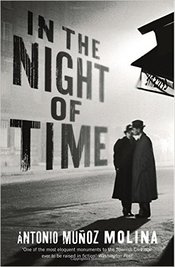 Today's book recommendation comes from my friend, avid and passionate reader Joyce, a member of The Tuesday Morning Bookclub based in Abu Dhabi. Her choice is Antonio Muñoz Molina's luminous panorama of the Spanish Civil War entitled 'In the Night of Time'. Published in 2014, this is quite a hefty read with the hardcover copy weighing in at 656 pages. Winner of the 2012 Prix Méditerranée Étranger and hailed as a masterpiece and compared in scope to 'War and Peace', 'In the Night of Time' is a sweeping, grand novel and an indelible portrait of a shattered society, written by one of Spain’s most important contemporary novelists. It's set in 1936. Spanish architect Ignacio Abel arrives at Penn Station, the final stop on his journey from war-torn Madrid, where he has left behind his wife and children, abandoning them to uncertainty. Crossing the fragile borders of Europe, he reflects on months of fratricidal conflict in his embattled country, his own transformation from a bricklayer's son to a respected bourgeois husband and professional, and the all-consuming love affair with an American woman that forever alters his life. Festival Time In Abu Dhabi! 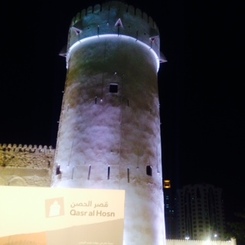 Qasr Al Hosn Gate taken by BookFabulous 2015 Qasr Al Hosn Gate taken by BookFabulous 2015 I just love festivals, don't you? And Qasr Al Hosn Festival, back for its fourth year and organised by Abu Dhabi Tourism & Culture Authority is pretty much up there with the greats. Taking place at the Qasr Al Hosn Fort situated in the heart of downtown Abu Dhabi, the festival is offering up a wide range of historic and cultural themed exhibitions, workshops, performances and activities, as well as guided tours of the Qasr Al Hosn fort (this last one is quite a treat because access to the Fort renovations is only possible during festival days). This festival was designed to celebrate centuries of Emirati culture and tells the story of Abu Dhabi’s ancestors and invites visitors to explore and understand the traditions of the past to better understand the UAE of today. Personality Issues? 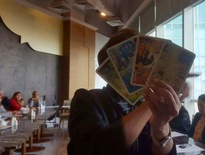 Myers-Briggs Color-Coded Personality Identification Cards Myers-Briggs Color-Coded Personality Identification Cards BookFabulous attended a lovely coffee morning with a bunch of ladies from Facebook group 'Abu Dhabi Arab Moms' which is run by its very active moderator Lana Kaati. The morning was hosted by Emirati Haifa Al Mubarak, Founder, CEO of Know How For Management Consulting. Haifa, a certified psychologist and NLP practitioner gave a very illuminating presentation about the different personality types. The session, held at Café de la Paix, at Nation Tower in Abu Dhabi, was merely a taster session for the company's upcoming courses this month revolving around the 16 types of personality types as identified by the Myers-Briggs Assessment test (MBTI). According to myersbriggs.org, the purpose of the Myers-Briggs Type Indicator® (MBTI®) personality inventory is to make the theory of psychological types described by C. G. Jung understandable and useful in people's lives. The essence of the theory is that much seemingly random variation in the behavior is actually quite orderly and consistent, being due to basic differences in the ways individuals prefer to use their perception and judgment. For anyone interested in the courses, they will be held in Abu Dhabi in English and Arabic. You need to contact Know How For Management Consulting for bookings. Dubai Pledges One Billion Dirhams For building of Region's Largest Library To Be Ready By Next Year2/2/2016 Vice President and Prime Minister and Ruler of Dubai His Highness Sheikh Mohammed bin Rashid Al Maktoum has launched in presence of H.H. Sheikh Maktoum bin Mohammed bin Rashid Al Maktoum, Deputy Ruler of Dubai, an AED 1 billion project to build the largest library in the region.
The library, designed in the shape of an open book on a rahle, the Arabic lectern, is set to open next year. It is being built at a cost of Dh1 billion in Al Jaddaf, close to the Dubai Culture Village. The seven-storey, one million square feet Mohammed bin Rashid Library is scheduled to open in 2017 and will house more than 4.5 million books and include several areas for interaction, events, activities, educational and cultural festivals. The library will also host several cultural and cognitive initiatives, such as the Dh2.4 million 'Arabic Language Award', launched recently to help people embrace their Arab identity. There will also be a museum of the Arab heritage and the history of human civilisation as well as venues for arts and literary exhibitions, heritage preservation initiatives and a 500-seat theatre for lectures, seminars and launching of intellectual and cultural initiatives regionally and globally. "We are the leaders of civilisation, duty and culture, and so we need to revive the spirit of learning and curiosity within our culture through innovative initiatives that push our boundaries," said Sheikh Mohammed at the grand launching event. "This is why we decided to start the Year of Reading by launching this state-of-the-art library and to let everyone know that we will transform the UAE into an Arab and global cultural and learning centre while strongly establishing reading as a societal norm. "We want a dynamic library which will reach you before you reach it, visit you before you visit it, and which encourages you to start reading from childhood, while supporting you as a scientist, researcher or specialist, when older. The library will be a compound for books, a community for readers and writers, and an association for content, culture and thought owners," Sheikh Mohammed added. The library will also serve as a platform for hosting and launching the most significant intellectual and cultural initiatives regionally and globally. Chinese New Year's Day is the first day of the Chinese lunar calendar. But the date is different each year on the Gregorian (internationally-used) calendar, between January 21th and February 20th. In 2016 it's Monday February 8th. For more, see HERE. In the spirit of Chinese New Year, here are some of the most recommended Chinese books in the English language that appear on most must-read books. Of course do feel free to share titles you've read and tell us why you liked them in the comments section below... 'DREAM OF DING VILLAGE' BY YAN LIANKE 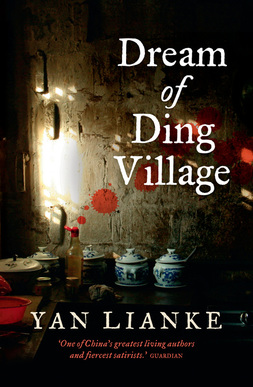 Told through the eyes of Xiao Qiang, a young boy killed by his family's neighbours, this seminal novel tells the tragic and shocking story of the blood-contamination scandal in China's Henan province. Villagers, coerced into selling vast quantities of blood for money, are infected with the AIDS virus when they're injected with plasma to prevent the onset of anaemia. Whole villages are wiped out as the sickness spreads, but no one takes responsibility for the epidemic and nothing is done to care for those left behind. As Xiao tells of the fate of his village, his family is torn apart by suspicion and retribution. This searing novel relates the tragedy of one village among many and the absurdity of a situation caused and perpetuated by the Chinese government. With black humour and biting satire, Yan Lianke's novel is a powerful allegory of the moral vacuum at the heart of Communist China, tracing the relentless destruction of a community. 'I come from the bottom of society. All my relatives live in Henan, one of the poorest areas of China. When I think of people's situation there, it is impossible not to feel angry and emotional. Anger and passion are the soul of my work.' Yan Lianke 'RED SORGHUM' BY MO YAN 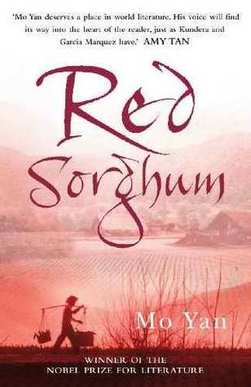 Spanning three generations, this novel of family and myth is told through a series of flashbacks that depict events of staggering horror set against a landscape of gemlike beauty as the Chinese battle both the Japanese invaders and each other in the turbulent 1930s. As the novel opens, a group of villagers, led by Commander Yu, the narrator's grandfather, prepare to attack the advancing Japanese. Yu sends his 14-year-old son back home to get food for his men; but as Yu's wife returns through the sorghum fields with the food, the Japanese start firing and she is killed. Her death becomes the thread that links the past to the present and the narrator moves back and forth recording the war's progress, the fighting between the Chinese warlords and his family's history. 'TO LIVE' BY YU HUA 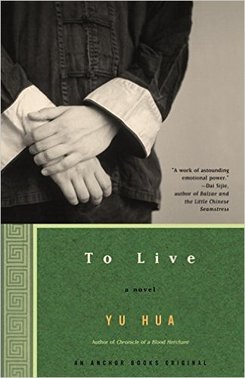 An award-winning, internationally acclaimed Chinese bestseller, originally banned in China but recently named one of the last decade's ten most influential books there, 'To Live' tells the epic story of one man's transformation from the spoiled son of a rich landlord to an honourable and kindhearted peasant. After squandering his family's fortune in gambling dens and brothels, the young, deeply penitent Fugui settles down to do the honest work of a farmer. Forced by the Nationalist Army to leave behind his family, he witnesses the horrors and privations of the Civil War, only to return years later to face a string of hardships brought on by the ravages of the Cultural Revolution. Left with an ox as the companion of his final years, Fugui stands as a model of flinty authenticity, buoyed by his appreciation for life in this narrative of humbling power. 'THE STORY OF THE STONE', VOLUME 1 - BY CAO XUEQIN 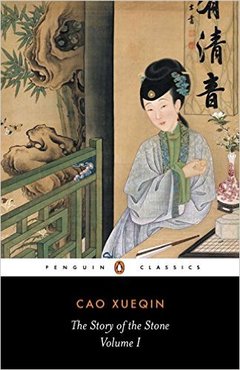 'The Story of the Stone' (c.1760) is one of the greatest novels of Chinese literature. The first part of the story, 'The Golden Days', begins the tale of Bao-yu, a gentle young boy who prefers girls to Confucian studies, and his two cousins: Bao-chai, his parents' choice of a wife for him, and the ethereal beauty Dai-yu. Through the changing fortunes of the Jia family, this rich, magical work sets worldly events - love affairs, sibling rivalries, political intrigues, even murder - within the context of the Buddhist understanding that earthly existence is an illusion and karma determines the shape of our lives. There are three other volumes that follow this one. Britain’s sole translator of Korean Literature Among Winners of The Arts Foundation Awards 20161/2/2016 Guest of Honour Sebastian Faulks opened the envelopes last night at 20th Century Theatre, London, to announce six new recipients of the 2016 Arts Foundation Fellowship Awards.
Winners were Deborah Smith (Literary Translation), Vann Kwok (Jewellery Design), Carmen Hijosa (Materials Innovation), Ruth Ewan (Art in Urban Space), Laura Ducceschi (Producers of Live Music) and Gregory Sinclair (Children's Theatre). The fellowships are given to support the creative practice of the artists, giving essential breathing space with no strings attached. Each category was introduced by one member of the judging panels which were specific to each art form, Jude Kelly CBE (Southbank), Simon Andrews (Christies), Joao Wilbert (Google Creative Lab), Michaela Crimmin (Culture + Conflict), Amanda Hopkinson (National Translation Day) and Gabriel Prokofiev (Nonclassical). The runners up didn't leave empty handed either, each receiving cheques of £1,000. Deborah Smith, the recipient of this year's Literary Translation Fellowship happens to be the UK's sole translator of Korean Literature. Her most recent translation of South Korean author Han Kang’s 'Human Acts' (Portobello Books 2016) is out now and was described as ‘a rare and astonishing book, sensitively translated by Deborah Smith’ by The Observer, with the FT highlighting her ‘spare, lyrical prose’. Deborah Smith has a BA in English from the University of Cambridge and an MA in Korean Studies from SOAS. Since 2011 she has been studying for a PhD at SOAS, focusing on contemporary Korean fiction, and has also been translating literary works from Korean into English. She is the recipient of the ICF Korean Literature Translation Fellowship 2012-13, and her translation of “His First Love” by Bae Suah was published in 2012 by the Asia Literary Review. 'Human Acts' is Deborah’s second published translation of Hann Kang’s work, the previous being the highly acclaimed 'The Vegetarian' (Portobello Books 2015) and the next, a short story, 'The Fruit of My Woman' due to be published by Granta later this year. Further to this she has worked closely with Korean writer Bae Suah translating 'The Essayists Desk' and 'The Low Hills of Seoul', both awaiting publication and Ahn Do-hyun’s 'The Salmon Who Dared to Leap Higher' (Pan Macmillan 2015). Sources: Banipal.com & Arts Foundation UK |
Archives
March 2021
|


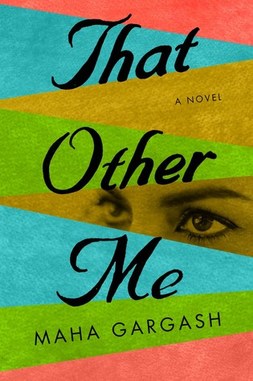
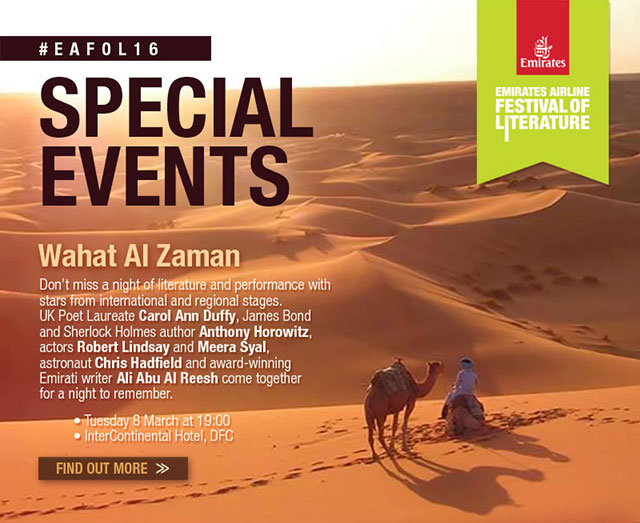
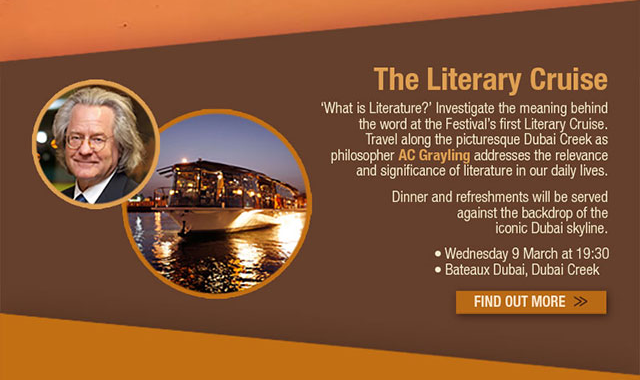
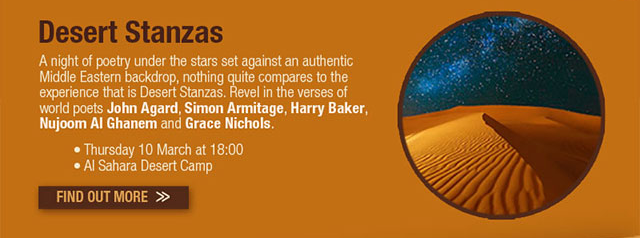
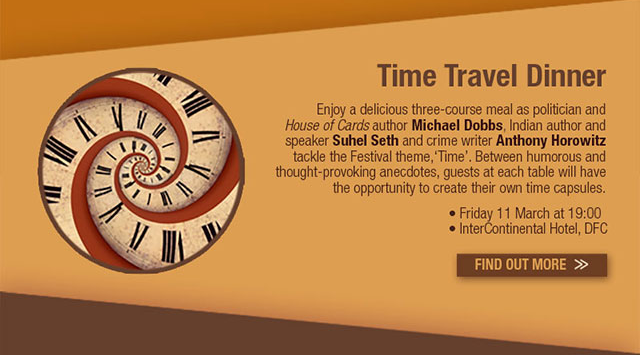
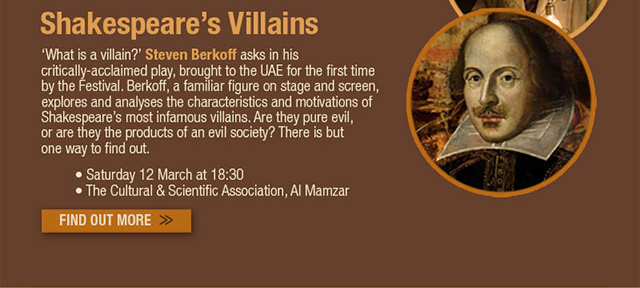
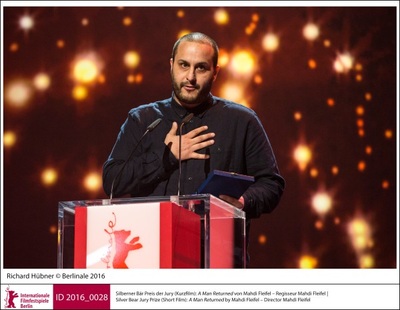
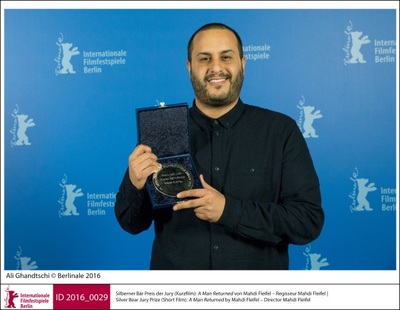
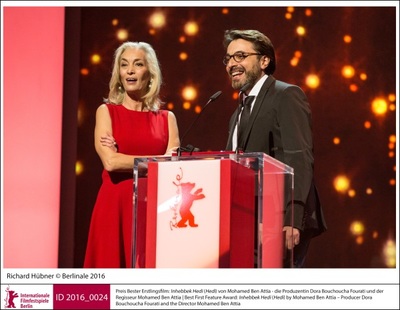
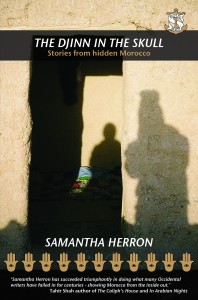
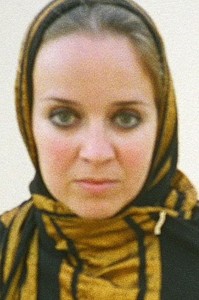
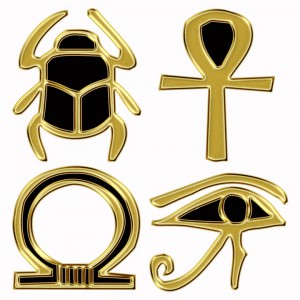
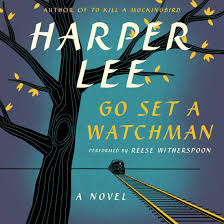
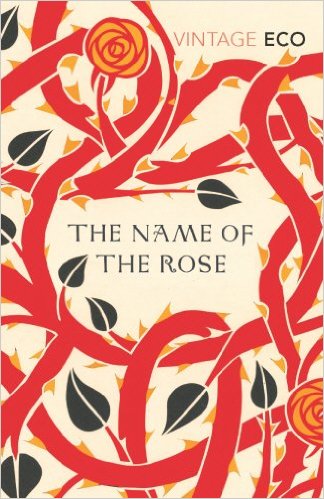
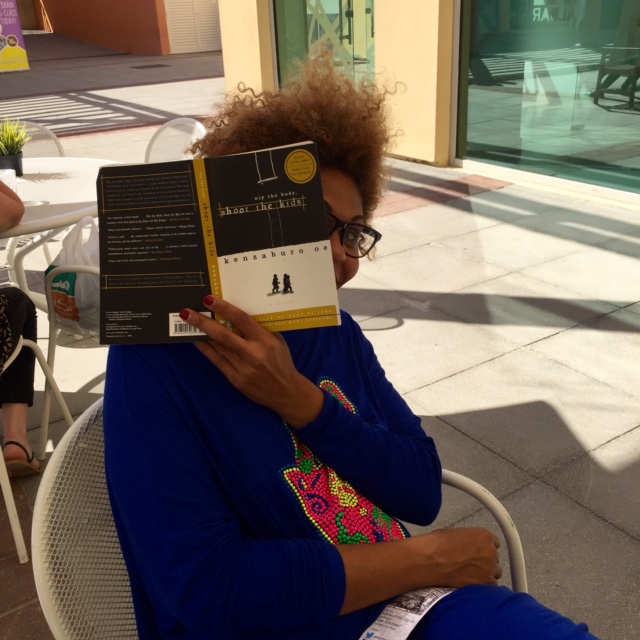
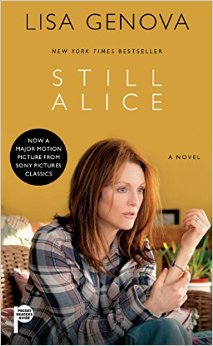
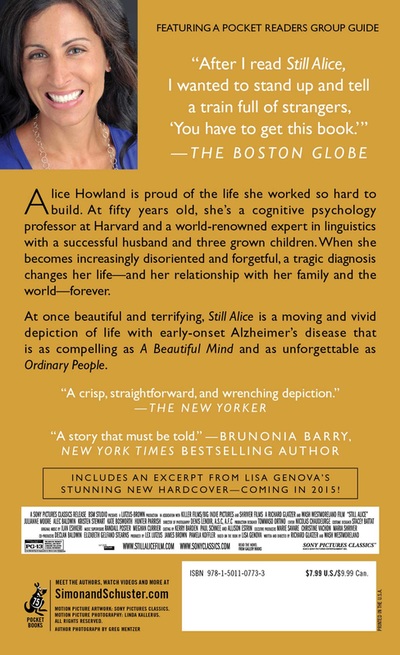
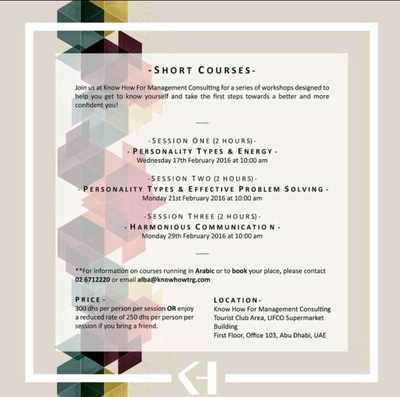
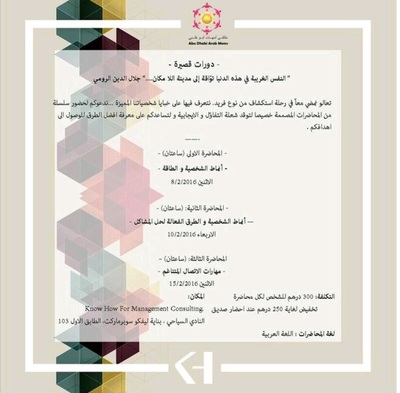

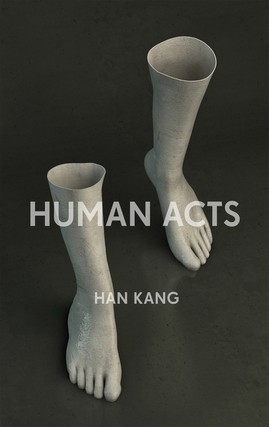
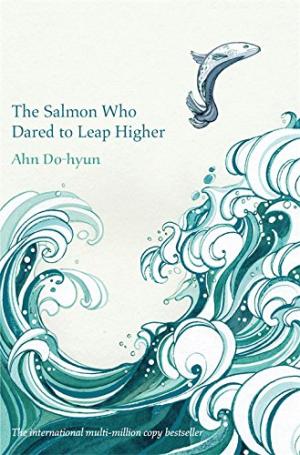


 RSS Feed
RSS Feed
